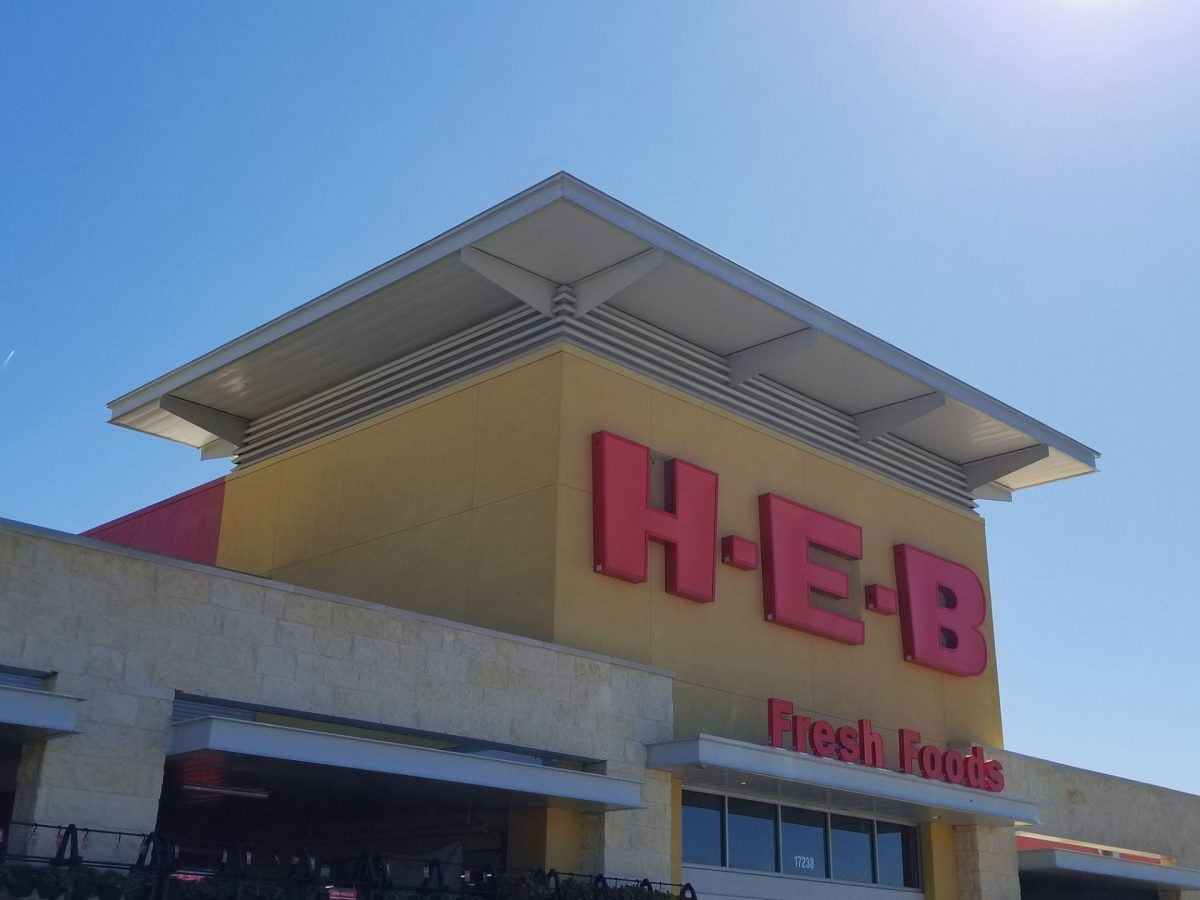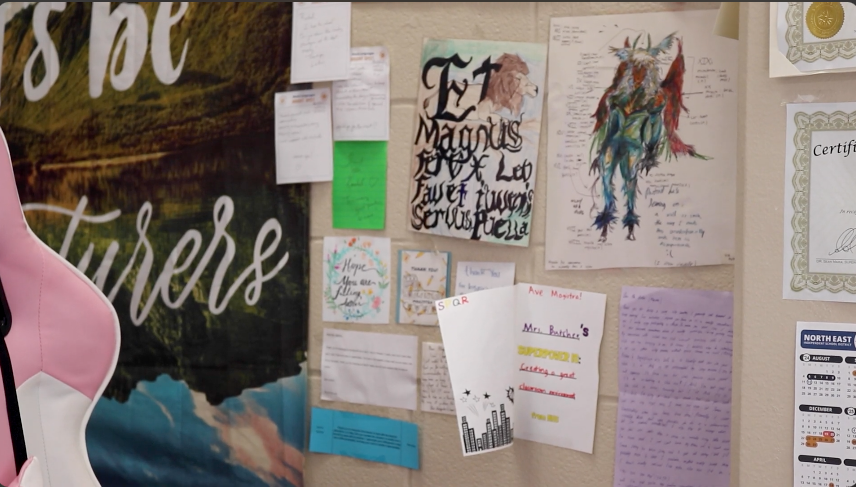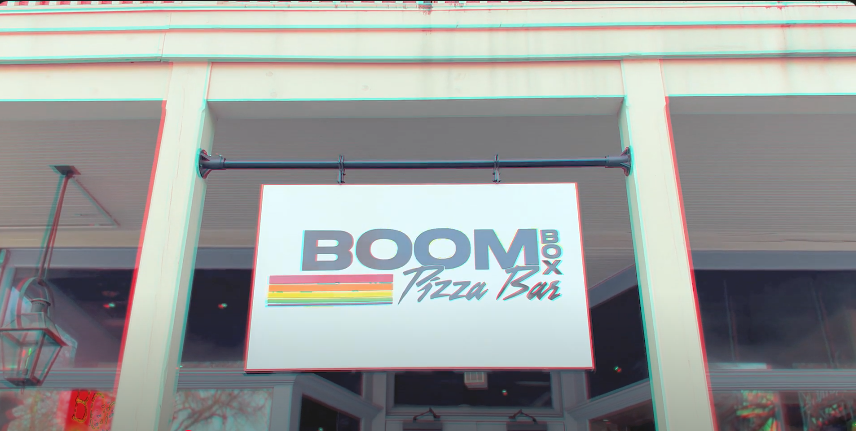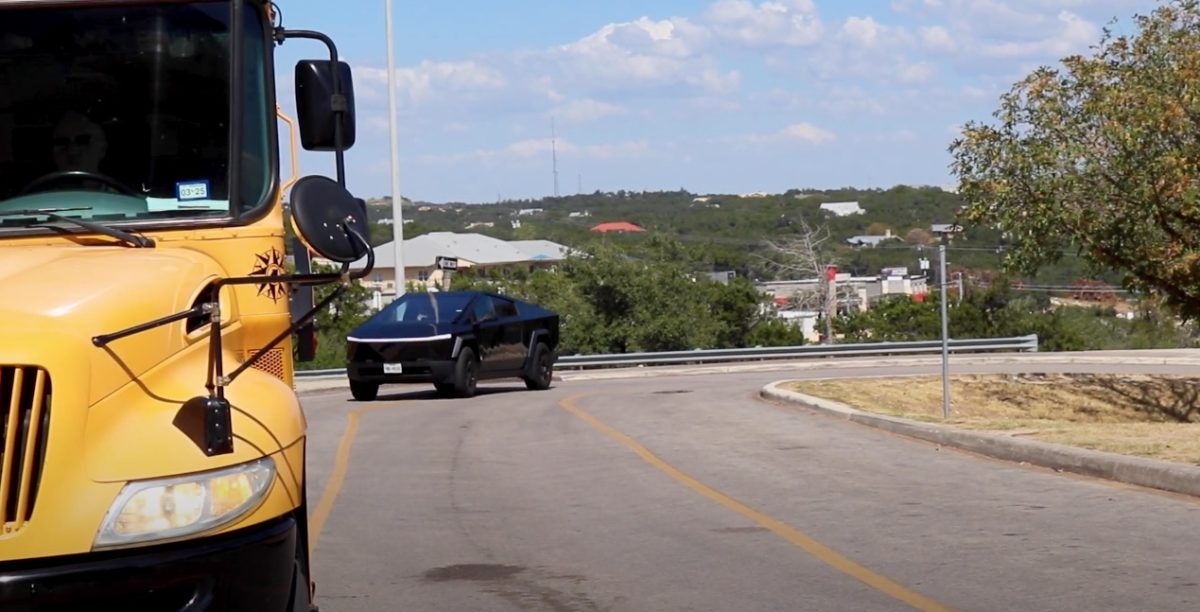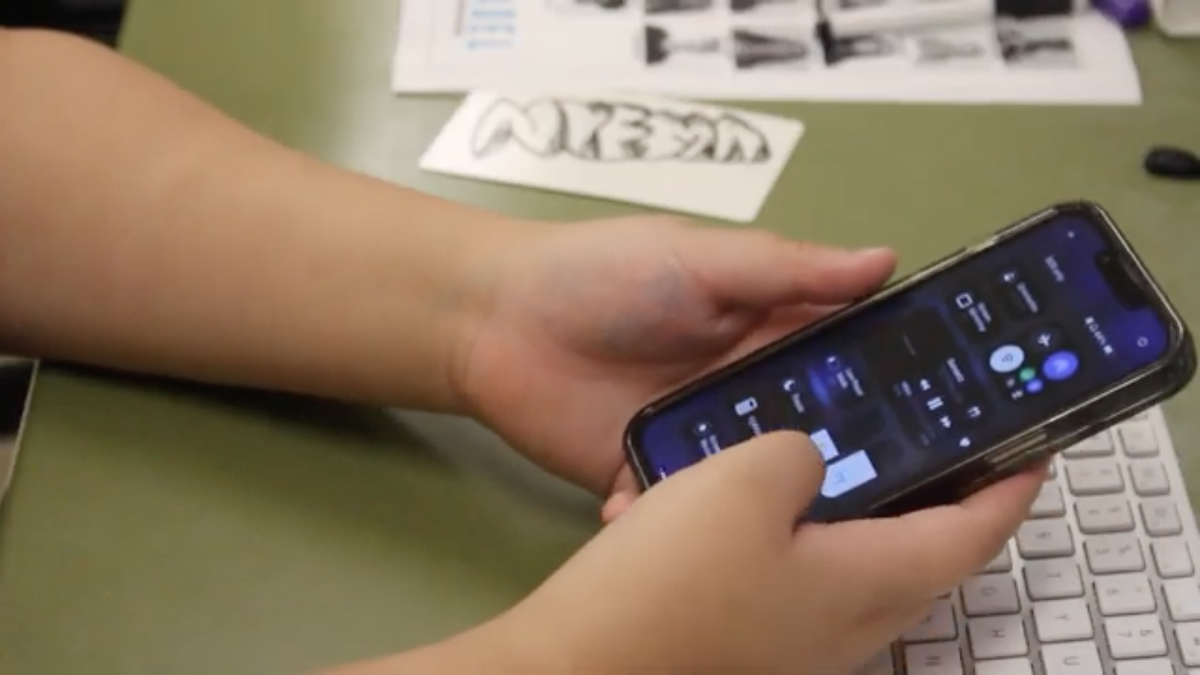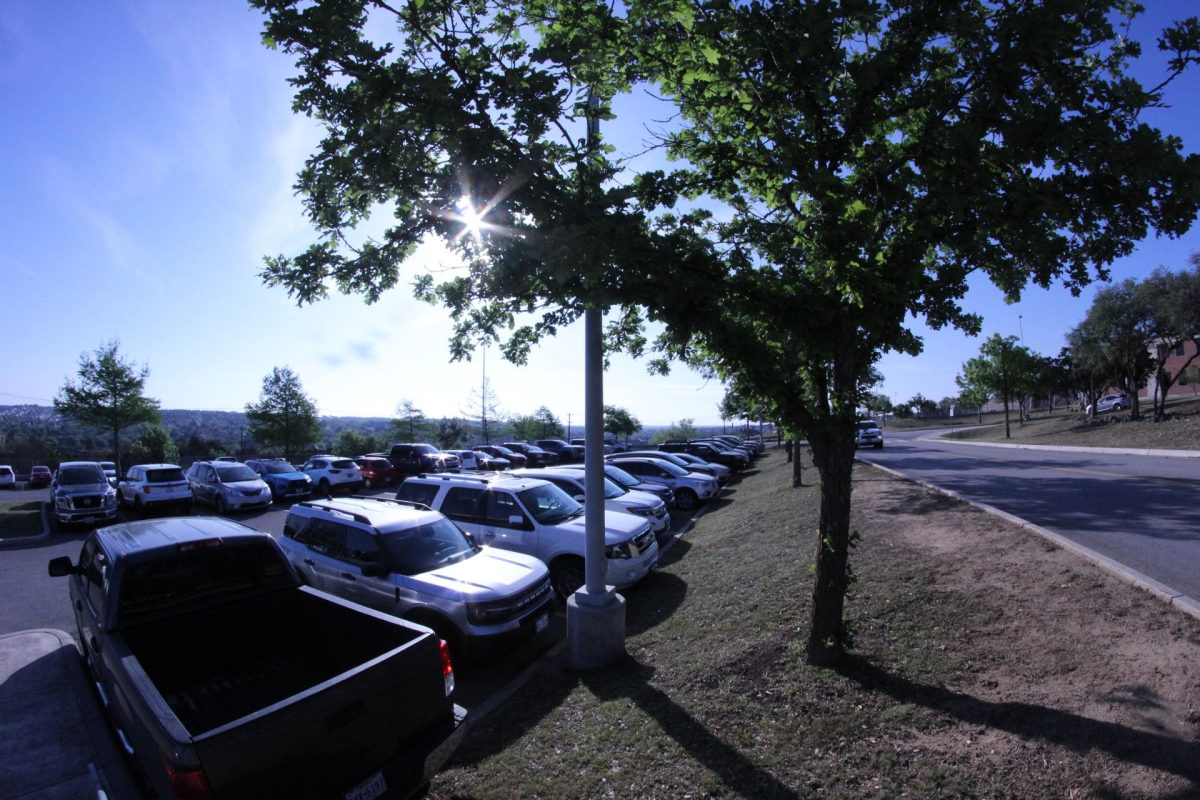by Monica Smith | staff writer
As the cases of COVID-19 in San Antonio gradually increased in late March, every Texan began to prepare for the worst — buying toilet paper, infecttant wipes, sanitizer; anything and everything that was available to combat the virus. HEB during early quarantine was a necessity to the public, but for the overworked employees it was like entering a battleground everyday.
“I’ve never seen so many people line up for toilet paper,” employee Laura Gill said. “The line wrapped around our entire store.”
It was as if a major Black Friday sale were happening; customers began to bring their own chairs to camp outside the store first thing in the morning with the hopes to achieve the restocked items.
“Every time a customer would buy toilet paper they would say they were on their last one,” Gill said. “Every single time.”
At that point, people started getting desperate but also crafty with how they got their items to go home with them. Customers would find ways to cheat the system despite the one item per purchase limitation HEB had encouraged for products that were in high demand.
“They would get their kid or someone to buy it in separate carts from their own order,” employee Christina Smith said. “That was frustrating to see because we couldn’t really do anything about it.”
When Covid first began to spread, HEB was buzzing with customers panic-buying anything they could get their hands on to stock-up. It was almost surreal to see rows of once fully-stocked shelves wiped clean, products instantly selling out, and the inflation prices on items nobody would have ever expected to rise.
“I was worried about people trampling over us to get to stuff,” Smith said. “Especially opening shifts, people would come up to us all frantic — they’re like ‘What’s in the truck today?’”
In the panic-driven minds of HEB customers, all notions of respect and appreciation for essential workers had been lost, as the desire to get even a single case of the rare toilet paper had overtaken them. Through HEB Curbside, customers can place online orders for their grocery list, and the employees will shop for them inside the store. Already overwhelmed with the crazy amount of orders coming in, employees couldn’t add certain items to the customers order because they were out of stock from shoppers purchasing inside the store.
“This lady ordered a ton of food from Curbside and all we could give her was cans of soup and she yelled at me. ‘So I guess all my kids can eat is cans of soup for the next week’ and I was like… ‘Yeah, I guess,’” said Gill.
HEB took extra precautions to help delay the spread of any potential cases.
“It’s impossible to clean every single surface but they had people go around sanitizing handles and stuff. They also limited the amount of people that could come in,” Smith said.
Though all it takes for COVID-19 to affect another person is one sneeze or cough in the wrong direction. The H-E-B employees, often working overtime, are at risk more than any other customer shopping inside the store for a quick grocery pick up.
“You call in, tell your manager what’s going on– you have to call the hotline — get proof that you have it and do the testing,” Smith said.
H-E-B employees are required to wear face masks at all times, but for workers like Smith who are constantly going in and out of the store for Curbside — it was more than just a difficult day at work.
“It started when it was really hot outside, we had to take out the retrievals for orders and it was almost suffocating,” Smith said. “Lifting the bulk items and running across the store, I would actually get dizzy.”
Taking safety into consideration, H-E-B strongly encouraged customers to wear masks or facial coverings inside stores. Although one of the items that would always be out of stock when Covid first arrived was the face masks. If they wanted to shop inside, people had to get creative with how they would cover their faces. Some would lazily pull up their shirt, some with trash bags thrown over their heads and some who would have a mask – but completely wear it wrong.
“The funniest one I saw was a lady that came in with Saran Wrap around her face,” Smith said. “It was like before there was any masks sold in the store”
In order to meet the demands of customers swamping the stores, employees were being scheduled more.
“We were due for overtime; I was working like 40 hours plus more a week, and I’m part-time,” Smith said.
Not only that, but for employees who were working part-time while also being a student with deadlines and assignments due, it was beginning to get overwhelming.
“I was struggling too. I mean I was in school when everything happened and thankfully our teachers were understanding, but I had to email some professors for extensions on stuff because I was just exhausted,” Smith said. “Just like every part of my body was so tired.”
The closest things to heroes during the beginning of the pandemic were the essential workers, the doctors, social workers, and the caregivers who knew it was a risk to their own health, but still got up to go to work everyday. One of the best things to do for them is to be polite and recognize their doing this for the public’s benefit and not their own.
“People don’t really think about how important something is until it’s threatened,” Smith said. “I think that applies to a lot of things — not only with essential workers.”


